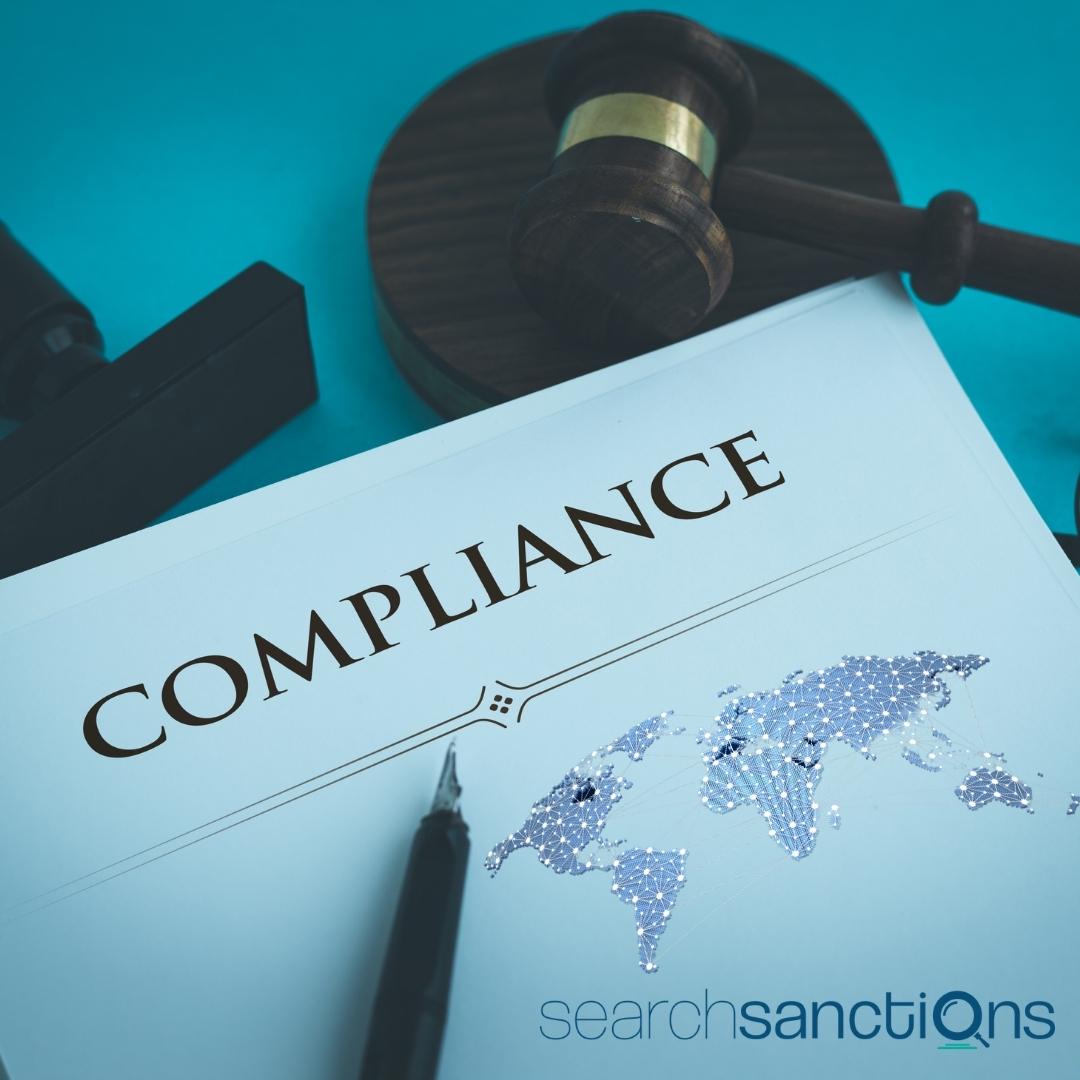AML and Global Compliance Standards: FATF and International Regulations

Financial Action Task Force (FATF):
The FATF is an international organization established in 1989 and is the leading authority on combating international financial crime. The FATF promotes harmonized AML policies and practices among member countries. It also sets AML standards, provides good practice guidelines and assesses the level of compliance of member countries. The FATF plays an important role in the fight against financial crime at the global level and helps countries strengthen their AML policies.
International Regulations:
The standards set by the FATF have been adopted by many countries and implemented at the national level. However, many countries also develop their own national regulations and shape their AML policies according to their needs. For example, national regulations such as the Bank Secrecy Act in the US, the AML Directive in the European Union, and the AML/CFT Act in the UK are effectively used in the fight against financial crime. These international regulations provide the legal framework for financial institutions and other commercial organizations, ensuring that AML policies and practices are carried out in a harmonized manner.
The Importance of Global Harmonization:
Global harmonization is an important element in the fight against financial crime. Financial crimes often have a cross-border character and therefore require international cooperation and harmonization. Without global harmonization, weaknesses in the fight against financial crime may emerge and criminal activities may shift across borders. Therefore, the FATF and international regulations encourage financial institutions and other business organizations to establish and implement AML policies in accordance with global standards.
Good Practice and Supervision:
Complying with AML and global compliance standards requires financial institutions to effectively implement AML policies. This requires a focus on good practice guidelines, risk assessments, customer verification processes, suspicious transaction monitoring mechanisms and reporting processes. At the same time, supervisory processes and compliance controls should assess the effectiveness and level of compliance of institutions' AML policies and processes. Supervision monitors financial institutions' compliance with AML and global compliance standards and ensures that corrective actions are taken when necessary.
AML and global compliance standards have an important role in the fight against financial crime. The FATF and international regulations help financial institutions strengthen their AML policies and effectively combat financial crime. Financial institutions should establish, implement and continuously review their AML policies taking into account these standards and regulations. In this way, the integrity and security of the financial system is ensured and an effective effort is made to prevent financial crime.
Training and Awareness:
To effectively implement AML and global compliance standards, financial institutions should provide regular AML training and awareness programs to their employees. These trainings make employees aware of financial crimes, teach them to recognize suspicious signs and explain reporting processes. It also ensures that employees act in an informed manner in customer verification processes and risk assessments.
Technological Solutions:
It is important to utilize technological solutions to comply with AML and global compliance standards. In particular, technologies such as big data analytics, artificial intelligence and machine learning can automate suspicious transaction monitoring and analysis processes and provide data-based decision support systems. This enables financial institutions to detect financial crime faster and more effectively.
Collaboration and Information Sharing:
Collaboration and information sharing among financial institutions is important to comply with AML and global compliance standards. Financial institutions should work together to identify and analyze suspicious signs and provide information to authorities. At the same time, information sharing and best practice sharing among financial institutions also provide an effective way to fight financial crime.
AML and global compliance standards enable financial institutions to act effectively in the fight against financial crime. Financial institutions should establish AML policies, implement processes and regularly review them, taking into account the FATF and international regulations. Factors such as training, technological solutions, cooperation and information sharing also support compliance with AML and global compliance standards. Thus, financial institutions effectively contribute to the prevention of financial crime while ensuring the integrity and security of the financial system.
Request Demo
You can contact us as to our services, integration processes, request demo or customized solutions.

